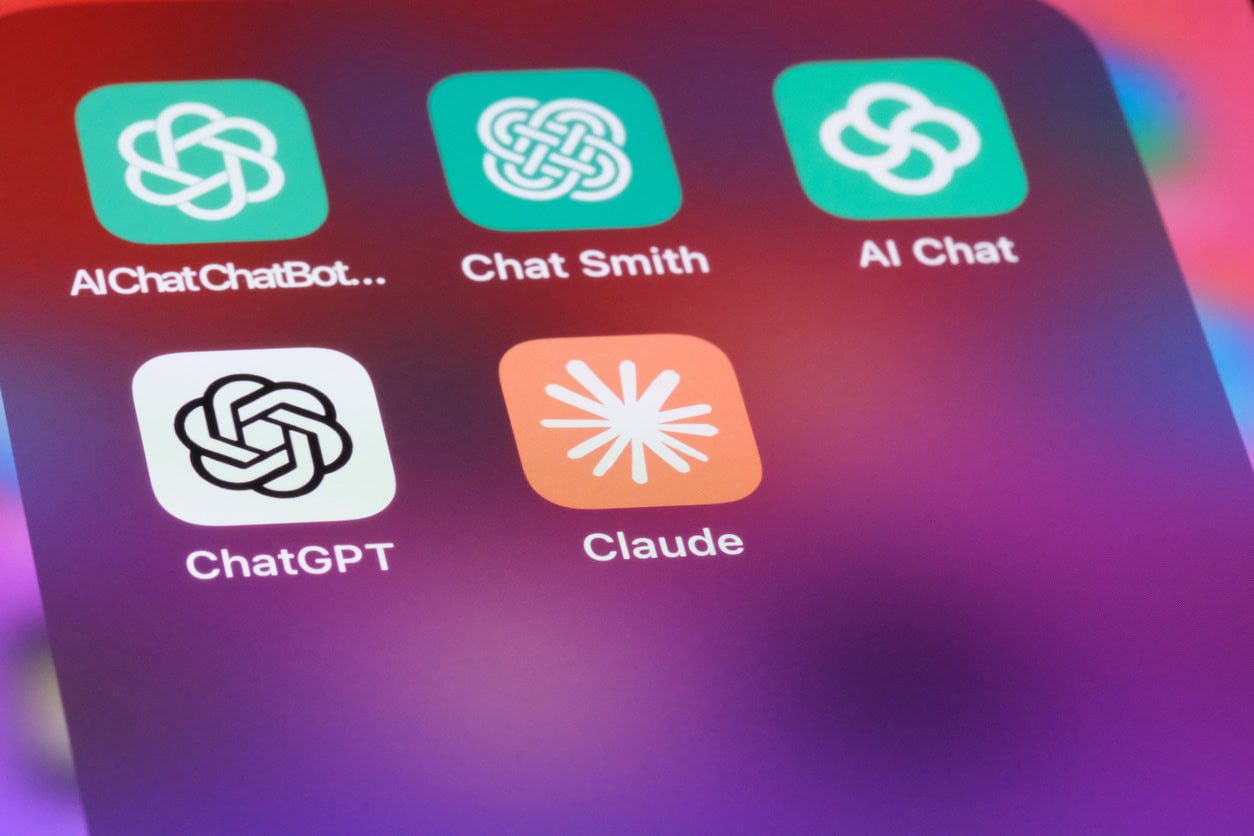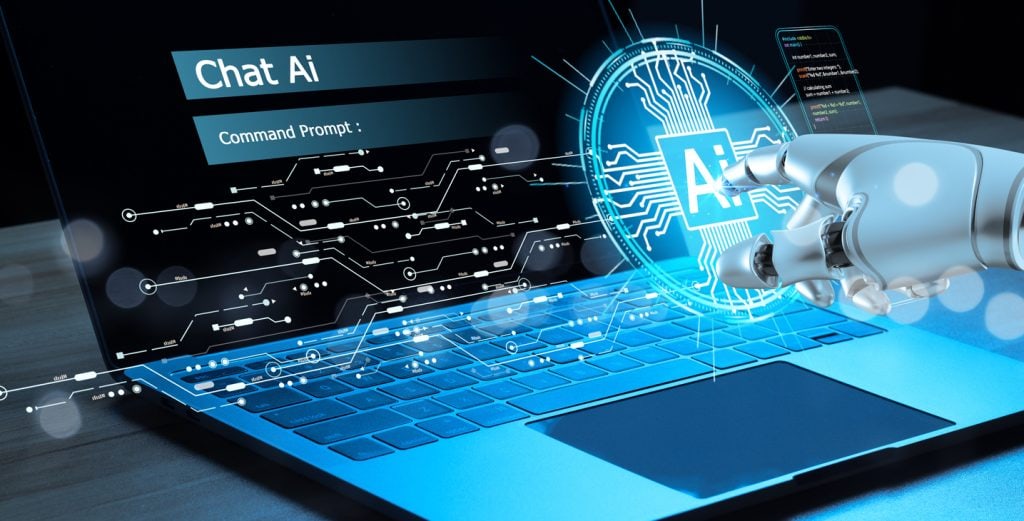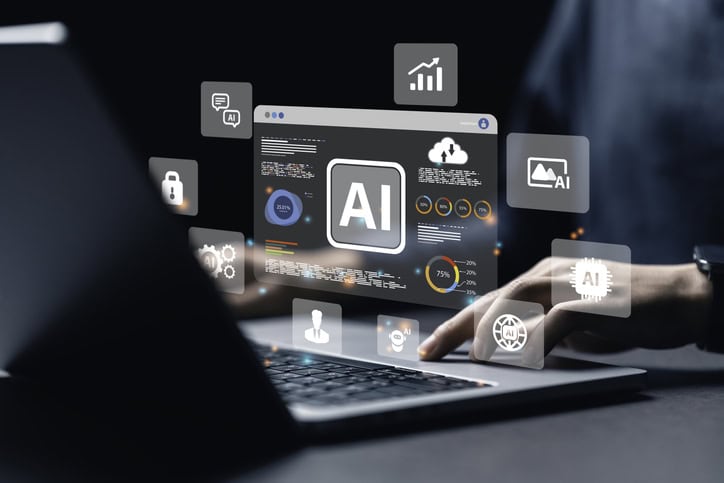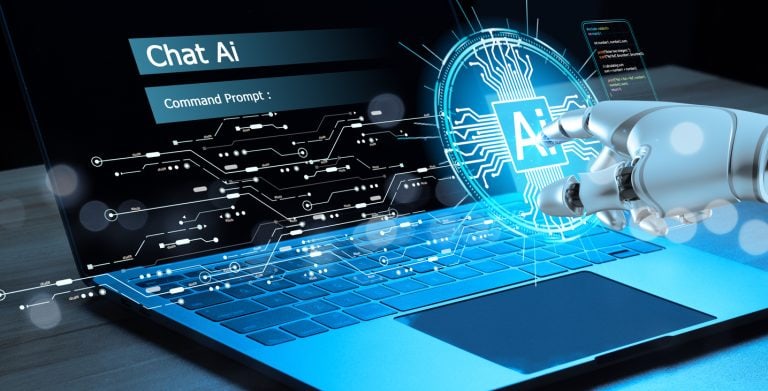Battle of AI Models for Development: Claude vs. OpenAI in 2024

Good morning fellow developers and AI enthusiasts alike! Ready to see which AI giant offers the ultimate coding assistant? In today’s post, we dive into the epic showdown between Anthropic’s Claude and OpenAI as the two giants in AI models for development. As a senior dev who’s seen it all, I’m here to tell you that AI isn’t here to steal your job – it’s here to supercharge your coding skills and make your life a whole lot easier.
Overview of AI Models for Coding
Let’s face it, coding can be a real pain in the ASCII sometimes. But fear not, my friends, because AI is here to save the day! These digital gurus are revolutionizing the way we write code, and trust me, it’s not just about fancy auto-complete.
AI models are like having a super-smart coding buddy who never sleeps, never gets hangry, and always has your back. They’re automating tedious tasks, spotting bugs faster than you can say “segmentation fault,” and even suggesting optimizations that’ll make your code run smoother than ever before.
Now, when it comes to the big players in this AI coding arena, Claude and OpenAI are the heavyweight champions. They’re hustling to become your go-to coding sidekick, and let me tell you, the competition is fierce!
Understand Anthropic’s Claude

Alright, let’s talk about Claude – Anthropic’s brainchild that’s making waves in the AI world. These folks are like the Boy Scouts of AI: always prepared and obsessed with doing the right thing. Their approach stands out for its commitment to AI safety and ethics, setting high standards for responsible AI development.
Claude isn’t just another pretty face in the AI crowd. It’s got some seriously cool tricks up its sleeve for us devs. Imagine having a coding assistant that not only understands your code but can also explain complex algorithms like you’re five. That’s Claude for you!
I’ve seen Claude in action; it can refactor your messy functions at lightning speeds and its suggestions for optimizing database queries? Chef’s kiss Perfection.
But don’t just take my word for it. Research shows that Claude can churn out clean, efficient code snippets with an accuracy that rivals Hawk Guy’s never-miss streak. We’re talking about a reported 95% accuracy in code completion tasks – not too shabby, eh?
Dive into OpenAI’s Capabilities

Now, let’s shift gears and talk about the rock star of the AI world – OpenAI. These folks have been in the game long before most of us have coded our first “Hello, World!” programs. Their rep in AI development is basically the coding equivalent of a platinum album.
OpenAI’s toolkit for developers is like a Swiss Army knife on steroids. We’re talking about everything from natural language processing that can turn your caffeine-fueled 3 am ramblings into workable pseudo-code, to models that can generate entire functions based on your comments.
I’ve seen junior devs use OpenAI to tackle problems that would’ve had them pulling their hair out just a few years ago. Can you ever imagine the day when a junior developer, fresh out of college, will be tasked to design and build a custom eCommerce payment system? That day may be today…
And get this – according to recent benchmarks, OpenAI’s latest model can generate functionally correct code for complex algorithms with an astounding 92% success rate. Not as high as Claude, but still… absolutely astounding!
Head-to-Head Comparison of Claude and OpenAI

Alright, time for the main event! In the red corner, we have Claude, and in the blue corner, OpenAI. Let’s break down this epic battle:
- Speed: Both are lightning-fast, but OpenAI seems to have a slight edge in raw processing speed.
- Accuracy: It’s neck and neck here. Claude shines in maintaining context over longer code blocks, while OpenAI excels in quick, precise suggestions.
- Code Suggestions: OpenAI tends to be more creative, sometimes offering unexpected (but brilliant) solutions. Claude plays it safer but is often more in line with established coding patterns.
When it comes to usability, Claude’s interface feels like it was designed by developers for developers – clean, intuitive, and no-nonsense. OpenAI, on the other hand, offers more bells and whistles, which can be great if you like to tinker but might be overwhelming for some.
Pricing-wise, both offer free tiers that can be more than enough for many developers. For the pro stuff, OpenAI tends to be a bit pricier, but they throw in some extra features that might justify the cost, depending on your needs.
Here’s a way to sum it up:
OpenAI feels like a mad scientist who always has a crazy idea up their sleeve, while Claude is like that meticulous architect friend who always knows the right way to structure things.
Impact on Software Development

Let’s get real for a second – AI is shaking up the dev world like never before. Many of us developers have fears of losing our jobs to the future HAL 9000s. But the truth is: it’s not really about replacing us; it’s about amplifying what we can do.
These AI models are changing the game when it comes to collaborative coding. Imagine pair programming, but your partner is an AI that never gets tired, never argues about tabs vs. spaces, and can instantly recall every coding best practice ever written.
But with great power comes great responsibility. We need to keep our ethical hats on tight. Using AI in development means we need to be extra vigilant about bias in our code and ensure we’re not accidentally compiling any digital discrimination.
Looking ahead to the rest of 2024 and beyond, it’s going to be out of this world! We’re talking about AI that can understand and generate code across multiple languages, predictive debugging that catches errors before you even make them, and AI-driven architecture suggestions that’ll make your systems more robust than a cockroach in a nuclear winter.
Conclusion
So, there you have it – the lowdown on the Claude vs. OpenAI showdown. Both are absolute powerhouses that can turn your coding game up to 11. Claude’s got that safety-first vibe with scary-good accuracy, while OpenAI brings the creative thunder with its vast capabilities.
But here’s the million-dollar question: which one should you choose? Well, that’s like asking whether Star Wars or Star Trek is better – it depends on what floats your spaceship. My advice? Take ’em both for a spin. Both tools have a complete free version that you can use today. See which one vibes with your coding style and better fits your project needs.
Remember, these AI models aren’t here to replace you – they’re here to help you unleash your full potential. So don’t be afraid to embrace the AI revolution. Who knows? With these digital sidekicks, you might just end up building the next big thing that changes the world.
Now, I want to hear from you! Have you taken Claude or OpenAI for a test drive? Drop a comment below and share your experiences. Let’s learn from each other and ride this AI wave together. Happy coding my fellow devs!





